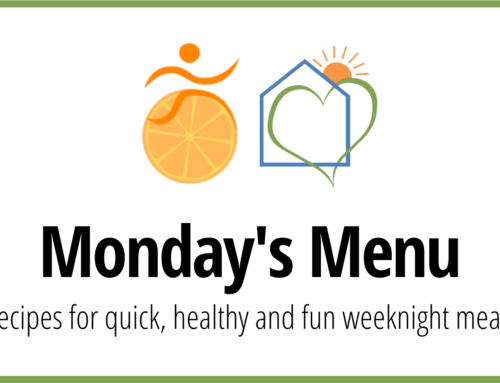Creating Healthier Habits with Friction
Submitted by Laurie Veillette, PsyD, CCL Board Member
Human nature often drives us toward self-improvement and goal-attainment. Unfortunately, making changes and sustaining them long-term is usually really difficult. Popular opinion is that, with enough drive, willpower, and self-discipline, anything is possible. This belief oversimplifies the complex process of change, and often ends up hurting us more than helping us. The good news is that following through with your goals may actually be a lot easier than improving your motivation or resolve (how does one go about that anyway?).
Researchers in behavioral change recommend using ‘friction’ (i.e., anything that discourages an action/behavior) to help you successfully achieve your goals and maintain that progress long-term. To demonstrate added friction: if you’d like to reduce unhealthy snacking then store those foods in out-of-sight, hard-to-reach places in your kitchen. The additional time and effort to access these foods will give you an opportunity to think through the behavior instead of grabbing them impulsively and out of habit (“Am I really hungry or just bored/depressed/anxious…?” “Is there a healthier alternative I could eat instead?”). Other examples include: storing your cigarettes and lighter separately; leaving your cell phone in another room in the evening to reduce late night social media scrolling; setting the timer on your television so that it turns off after a specified amount of time; avoiding the tempting sections of the grocery store; keeping your alarm clock out of arm’s reach to reduce snoozing.
You can also remove friction to make a desired behavior more likely. This reduces effort and time – less opportunity to reason yourself out of positive change (“I’m too tired to walk today.” “I’ve had a hard day, I deserve this drink.” “I already broke my diet today so I might as well go all out.”) Examples of reducing friction include: preparing nutritious easy-to-grab snacks for long car rides; leaving your sneakers and socks by the door; storing fruits and vegetables on eye-level shelves in the fridge; setting self-care alarms on your phone; blocking out time for exercise just as you would an important appointment or meeting.
Change isn’t easy. Remember to be kind to yourself, and incorporate fun, reward, and reinforcement wherever possible. You can find other ideas for adding/removing friction here.
If you or someone you know is struggling, please reach out for help. These are two available resources:
National Suicide Prevention Lifeline: 1-800-273-8255
Crisis text line: 741741
If you have a wellness themed topic you would like to share or learn more about, and/or blog/vlog about as an expert in a health/wellness related field, please reach out to shelby@cclyme.org.
Shelby Wood
Manager of Program Development
CommunityCare of Lyme
Shelby@cclyme.org
802-468-7776







Leave A Comment